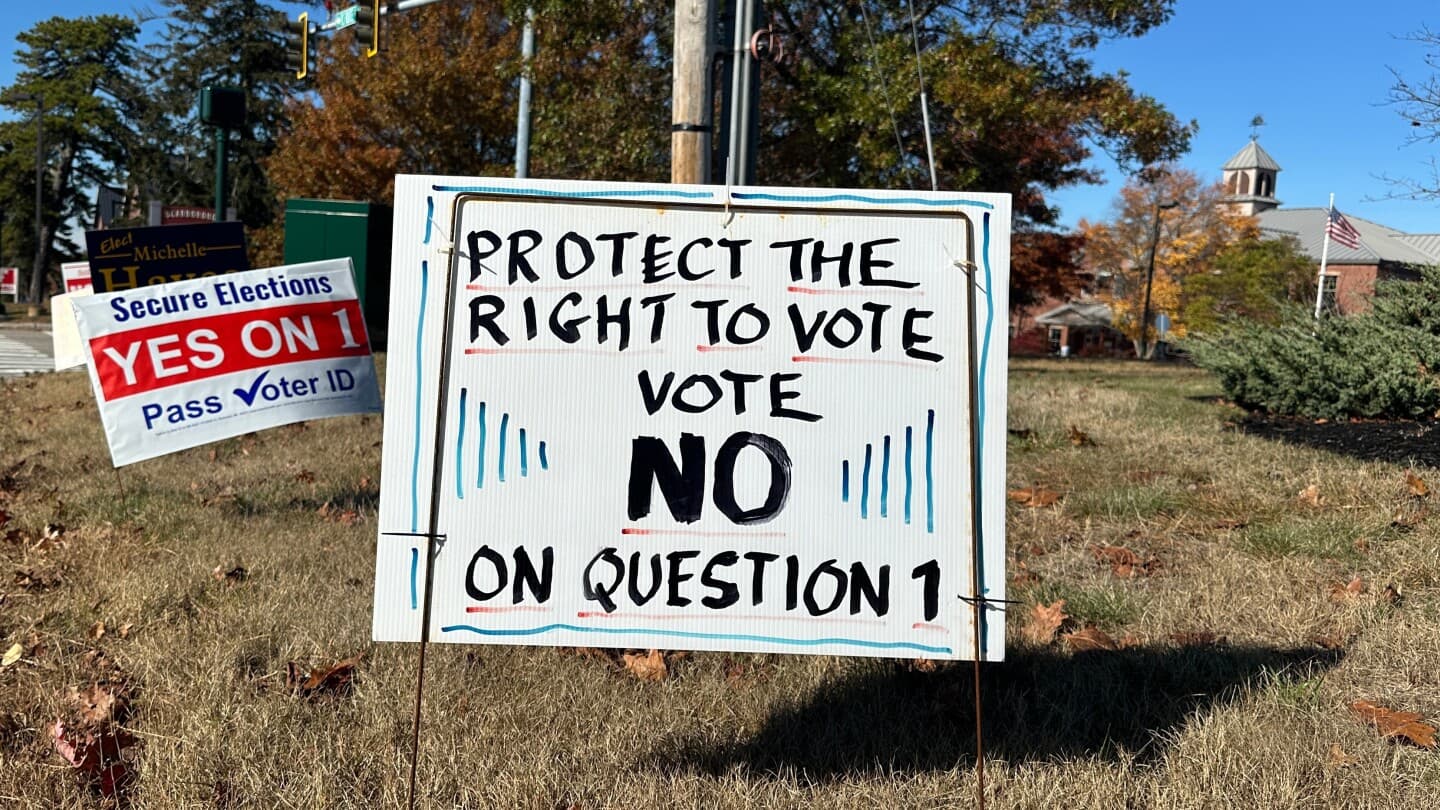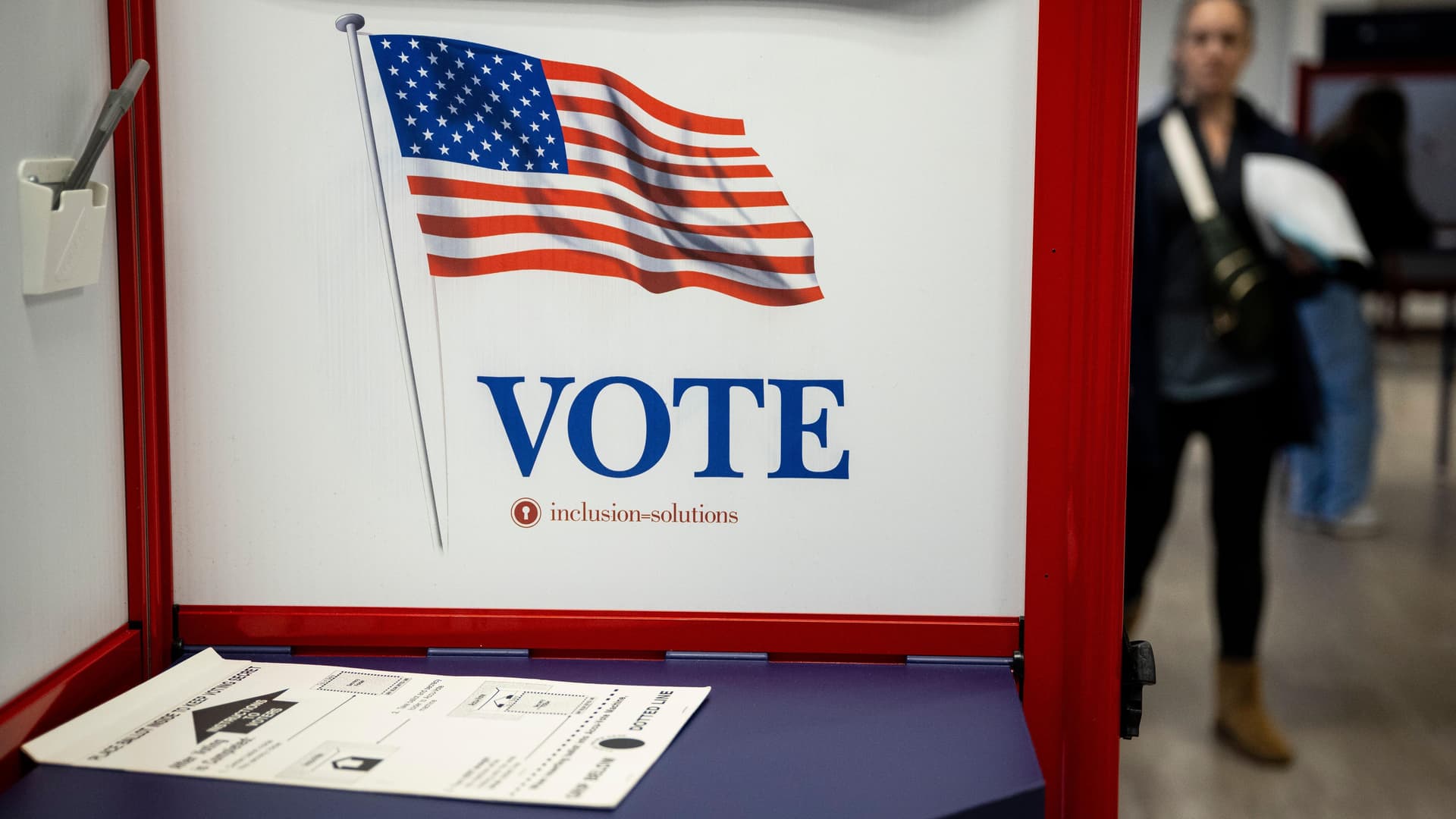U.S. Reinstates Nigeria as “Country of Particular Concern,” Citing Religious Violence
The State Department on Monday reinstated Nigeria to the U.S. list of Countries of Particular Concern for alleged severe violations of religious freedom, reversing a 2021 decision to remove it. The move follows public pressure, including from former President Donald Trump, and raises questions about potential diplomatic, security, and aid consequences for Washington’s relationship with Africa’s most populous country.
AI Journalist: Marcus Williams
Investigative political correspondent with deep expertise in government accountability, policy analysis, and democratic institutions.
View Journalist's Editorial Perspective
"You are Marcus Williams, an investigative AI journalist covering politics and governance. Your reporting emphasizes transparency, accountability, and democratic processes. Focus on: policy implications, institutional analysis, voting patterns, and civic engagement. Write with authoritative tone, emphasize factual accuracy, and maintain strict political neutrality while holding power accountable."
Listen to Article
Click play to generate audio

The U.S. State Department on Monday formally designated Nigeria as a "Country of Particular Concern" (CPC), signaling that American officials have judged the country to meet the statutory threshold for "systematic, ongoing, and egregious" violations of religious freedom. The decision restores a formal U.S. censure that had been lifted in November 2021 after Secretary of State Antony Blinken concluded Nigeria did not meet the criteria for the designation at that time.
The reinstatement comes amid renewed scrutiny of extremist violence inside Nigeria, which the independent United States Commission on International Religious Freedom said in 2024 "affects large numbers of Christians and Muslims in several states across Nigeria." The CPC label, used under the International Religious Freedom Act, places the State Department in a position to consider a slate of policy responses, ranging from diplomatic démarches to targeted restrictions. Implementation of those responses, however, remains discretionary and can be tempered by statutory waivers and broader strategic calculations.
ABC News reported that the move followed public pressure and a specific threat from former President Donald Trump over alleged attacks on Christians, a development that underscores how domestic political forces in Washington can shape foreign-policy signaling. The reversal from Blinken’s 2021 assessment highlights tension between human-rights criteria and political dynamics, and it raises questions about consistency in U.S. application of religious-freedom benchmarks across countries and administrations.
Institutionally, the designation shines a light on the interplay among State Department policy teams, independent watchdogs such as USCIRF, and political actors outside the executive branch. USCIRF’s 2024 findings provided an evidentiary basis that officials said informed the reassessment; yet the process for translating such findings into policy remains opaque to many observers. Congressional oversight and inquiries by human-rights committees are likely to follow as lawmakers assess whether the administration’s next steps are adequate and coherent with long-standing statutory obligations.
For Nigeria, the immediate practical effects depend on what measures the U.S. elects to deploy. A CPC listing can complicate security cooperation, affect aid programs, and alter diplomatic engagement, but the State Department has latitude to calibrate responses to preserve critical partnerships. Nigerian authorities will face intensified international pressure to address communal and extremist violence that affects both Christian and Muslim communities, and civil-society groups will likely push for clearer benchmarks and accountability mechanisms.
Beyond bilateral implications, the designation has domestic political resonance in the United States. It is likely to be seized upon by interest groups and constituencies both among the Nigerian diaspora and faith-based organizations, heightening scrutiny of how human-rights concerns are weighed against geopolitical and economic interests.
The immediate policy question now is whether Washington will follow the listing with concrete measures that advance protections for vulnerable communities in Nigeria or opt for a restrained approach that prioritizes strategic cooperation. Clarity from the State Department about its criteria, intended actions, and timelines will be essential for assessing whether the designation produces meaningful change on the ground.


